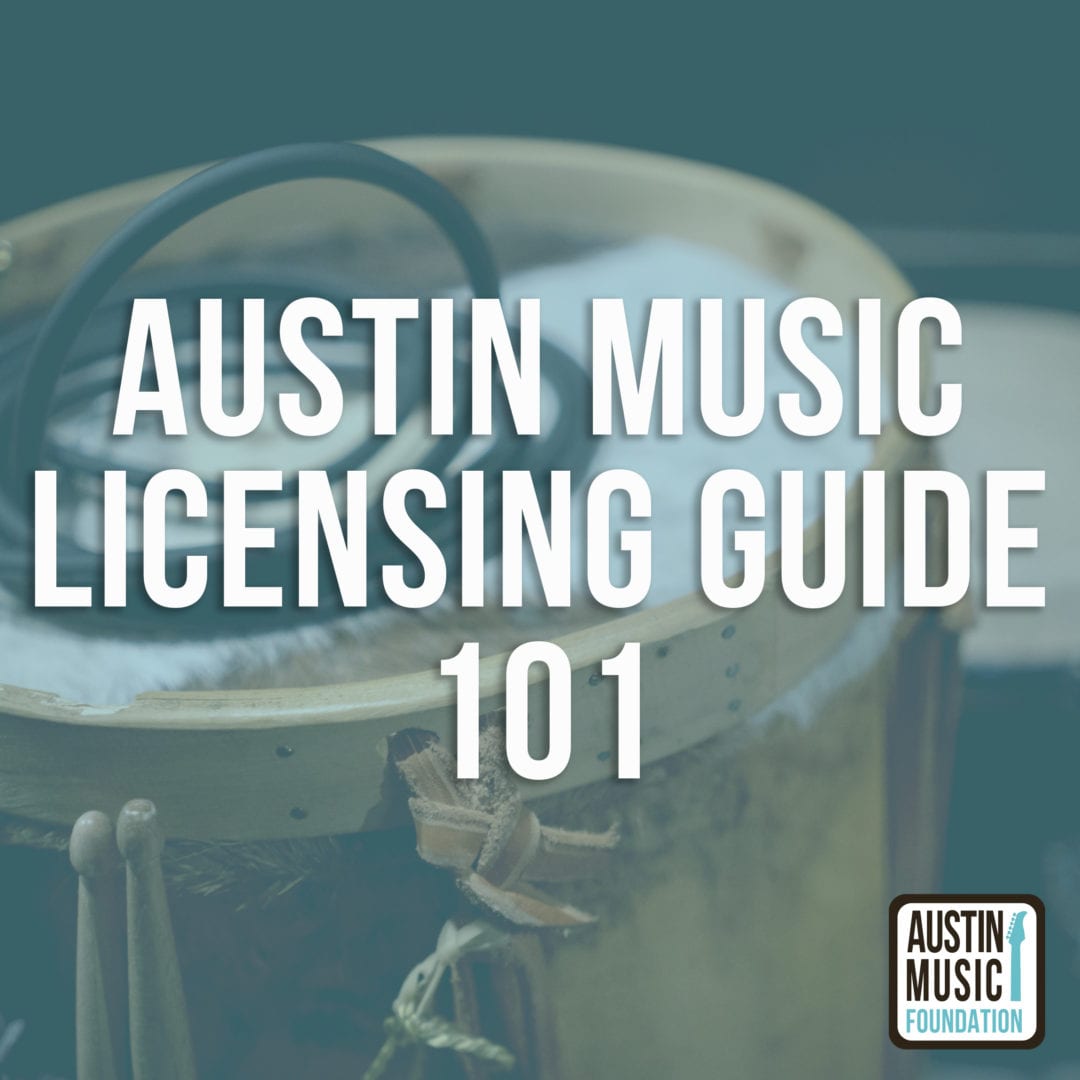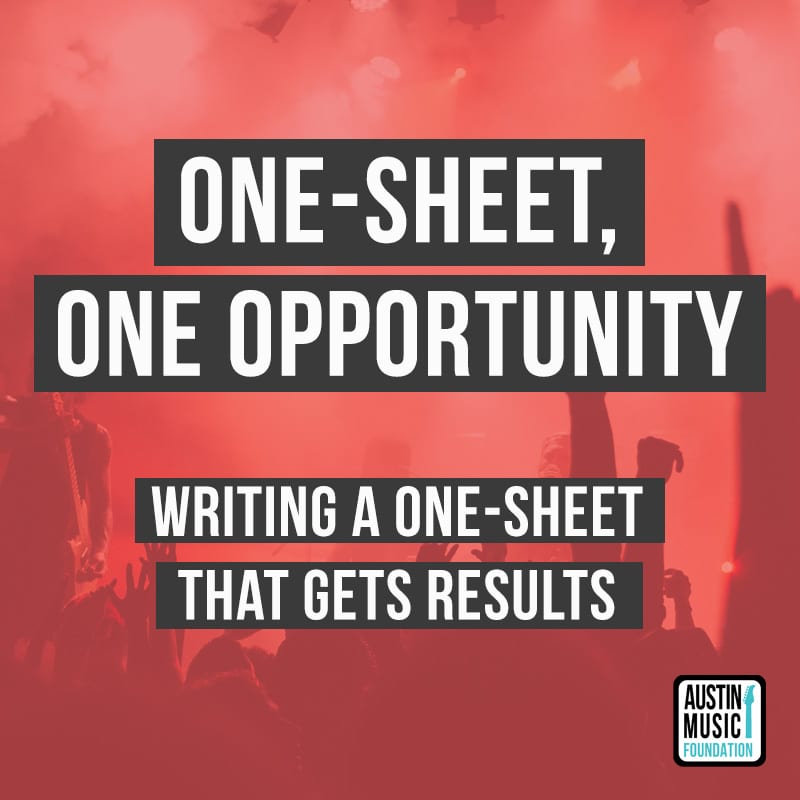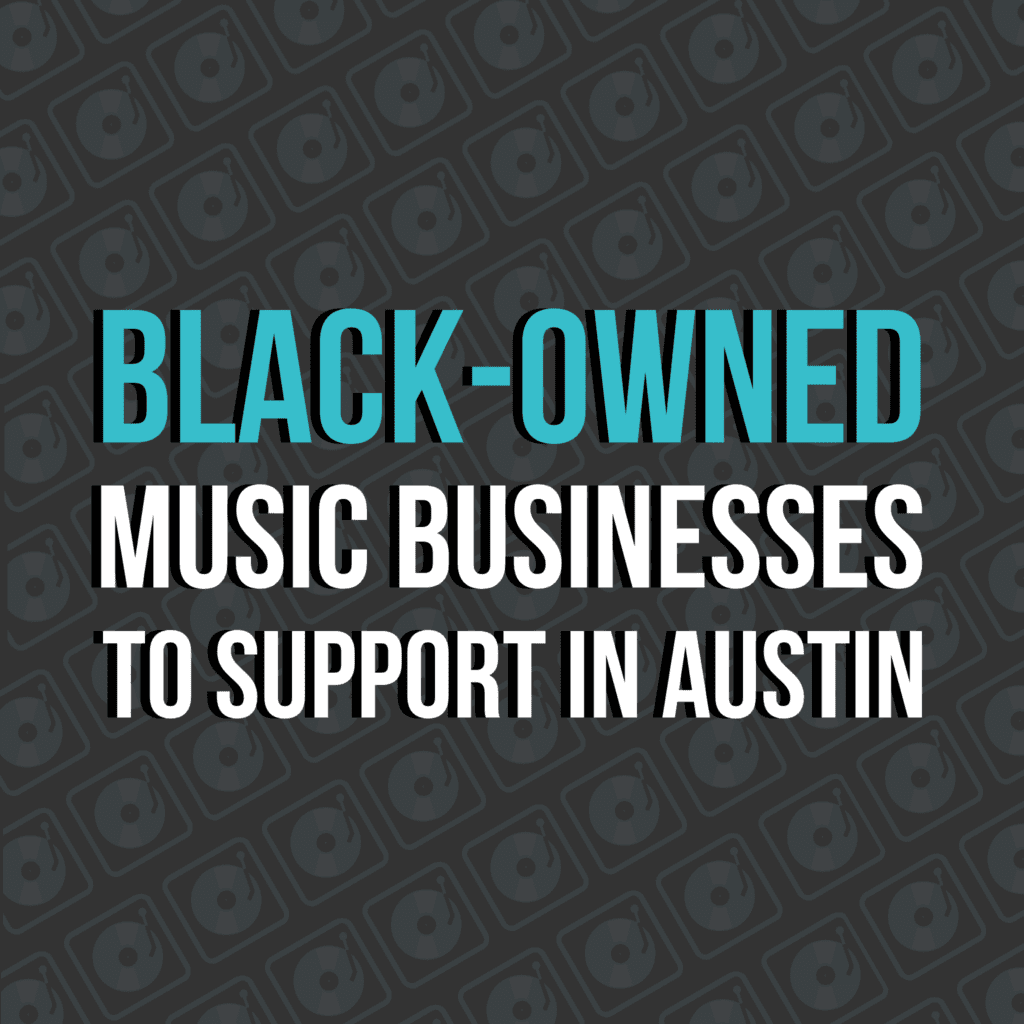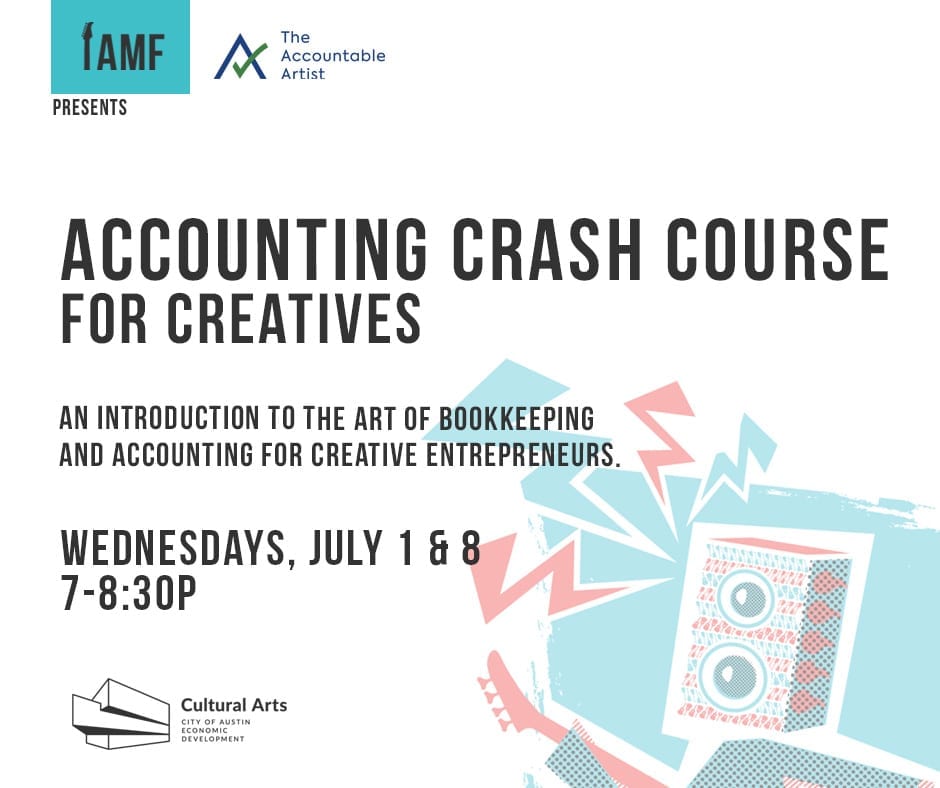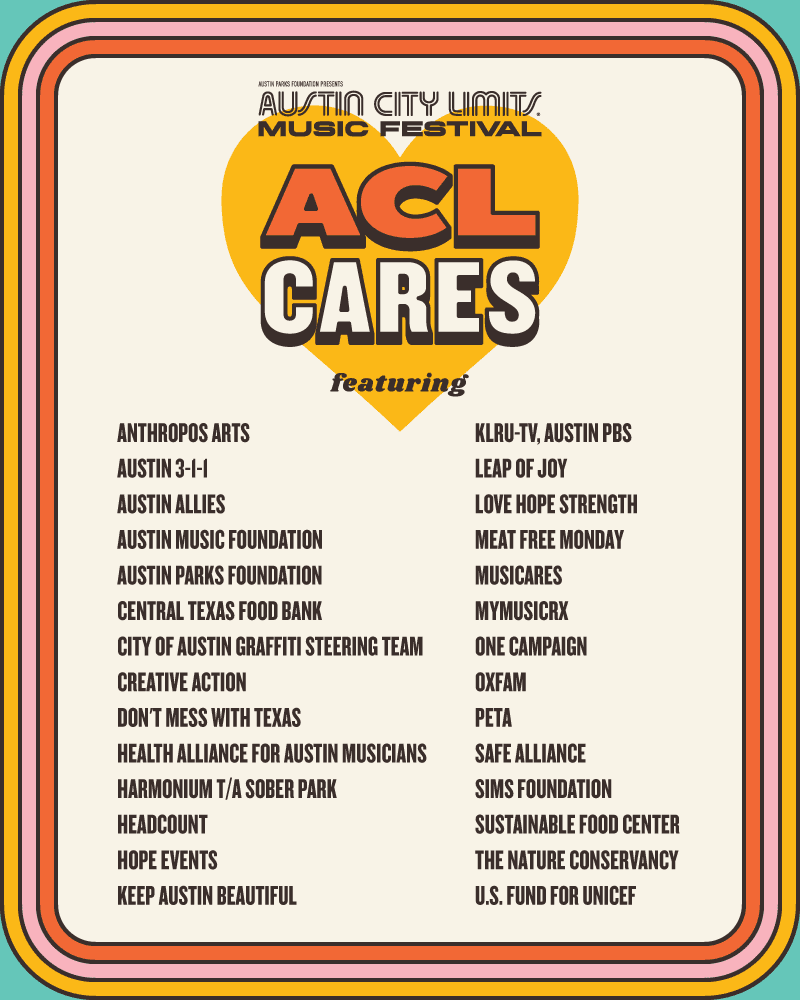Austin Music Licensing Guide 101
Contributed by Nathalie Phan
On one of my many trips to Los Angeles, a little devil sat squarely on my shoulder and whispered solicitously to me, “Move to the City of Angels.” Like many people in music, the temptation regularly taints my thoughts like a cancer, but luckily (or not) I was born quite a stubborn child. Nevertheless, there seemed to be a trend of Austin creatives, musicians especially, that take the bait and make the perilous trek out to LA in hopes to make it to the Land of Stardom. Some realize too late, however, that the devil is nothing more but a fallen Angel.
From the very beginning of my career in music, my goal has always been to bring LA infrastructure to Austin, not encourage local bands to risk moving blindly to LA. In starting SoundSync earlier in the year, I’ve learned a number of things that I hope to impart on Austin musicians about the last missing puzzle piece: music licensing.
1) A good song does not equal a synch-able song.
So you wrote a song. First of all, with no sarcasm at all, good for you. A lot of time, money, and organization probably went into recording that song. However, it doesn’t mean that the beautiful symphony you wrote and recorded will be considered synchable. Music supervisors not only look for quality music, they have the difficult task of finding the song that is the perfect fit for the film project they’re working on. Do the lyrics of your song mention a specific person, place, time, or situation? It may be too specific and may not be the best match for many films.
2) Learn to expand your network outside of Austin and outside of music.
If you’re a touring musician, make sure you’re meeting as many people along the way as you can. If you happen to be in Los Angeles, come prepared and set up some meetings before you’re set to arrive. Learn to network outside of music, too. Don’t neglect the Other Half of the entertainment industry (i.e. the film folks), but don’t forget that they probably don’t know as much about music as you, so be forgiving and hopefully they’ll be just as forgiving to you.
3) Establish good standards of catalogue management.
The standards for music sharing with music supervisors is through Disco or Box. Learn how to manage your metadata so that music supervisors know who to contact to license your music, browse through the lyrics if they need to, and view all composers and songwriters of the song.
4) To perfect your pitch, do your research on every music supervisor you reach out to. Keep your emails SIMPLE and CONCISE.
Never attach your mp3 or wav files directly to your email. Make sure you’re linking to Disco or Box. Use IMBD to research a music supervisor’s past projects and make sure you stay up to speed on what they’re working on so that you can personalize your emails. Make sure that if you’re asking about a specific film or TV show, it’s not one that has ended or is no longer in production.
5) Learn the pros and cons of exclusive and non-exclusive deals.
Did you accidentally sign a bunch of non-exclusive deals with various synch companies? That might complicate things for you if you are offered an exclusive deal by a music supervisor in the future. On the other hand, you will want to consult an attorney when signing exclusive deals with licensing companies so that you protect your rights as a songwriter and/or recording artist.
6) Know the 6 exclusive copyrights and how to leverage your ownership.
This may seem like a “duh,” but it’s worth mentioning. If you don’t know what your rights are, how will you protect or leverage them? Make sure you refresh yourself on your exclusive rights as a copyright owner. It will help you better prepare yourself in understanding licensing deals.
7) Learn the technical terms and lingo in synch (and the importance of those terms) such as DSP, IPI/CAE, “non-union,” 200%, “one-stop,” PRO, “in perpetuity,” “per side,” “all media nkhd.”
Don’t know where to start? I’ll be explaining these terms and more during a FREE informational session on July 10 hosted by Austin Film Society.
8) “Exposure” may be a bad word in the music industry but it’s not in the film industry.
The amount that you receive from a synch deal totally depends on the production’s budget, whether or not it’s a big box motion picture or whether it’s an indie film, the terms of the agreement such as the length of time of the agreement, the territory of use, usage rights in different types of media, and how well-known you may be. Never allow someone to use your music for free (you may even negotiate “step deals” with indie films), but also know that exposure is a real thing when your song is placed in a film, TV show, advertisement, or game.
9) Consider recording cover music.
Every piece of music has two sides: the song (composition + lyrics) and the master record (the recording). Sometimes, when a director or music supervisor really likes a certain song that is out of budget, they’ll elect to secure the rights of the composition and publishing through the original songwriters but may offer a smaller fee to use the recording by a different artist. This happens frequently and can be advantageous for artists seeking synch deals and filmmakers alike, but make sure that you don’t release the song publicly unless you have secured the rights to record and release.
10) Learn techniques used in composing film scores.
Read up on some of the techniques that film composers use to establish emotions and context. For example, watch this Youtube video of how Pixar composers write song themes to communicate the relationship between two characters.
Have any other questions? Feel free to email Nathalie at nat@soundsyncmusic.com or follow her on Twitter: @natphantastic.
—
Ever since starting an award-winning college radio station at her alma mater St. Edward’s University, Nathalie Phan has been involved in the complicated world of music licensing for nearly 7 years. She loves working with young entrepreneurs and has been the founder and CEO of On Vinyl Media, an artist support company that handles commercial music licensing in retail and restaurant environments, for 4 years. She recently began a company called SoundSync Music that handles synch licensing for a growing roster of local musicians in Austin. Her passion lies in local music and she sits on the board of EQ Austin and volunteers her time with Kids in a New Groove on their marketing board. Nathalie is also a graduate of AMF’s Music Industry Collaborative (MIC) Program.



